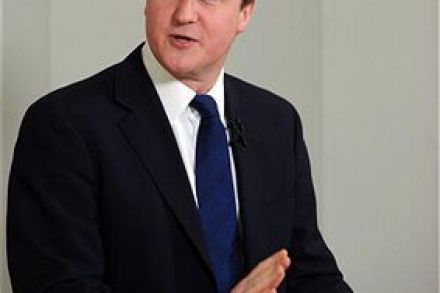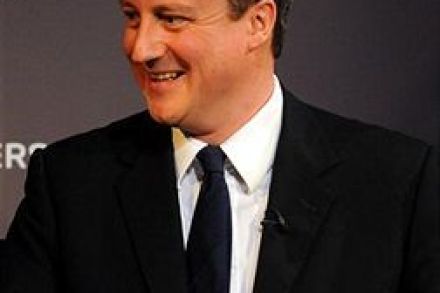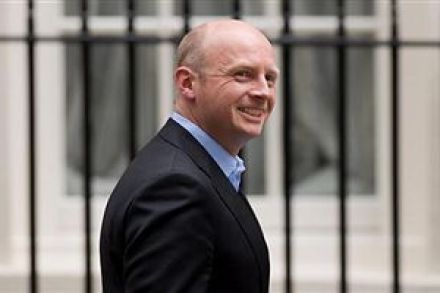The Tories’ Unite strategy is paying unimagined dividends
The Tories Unite strategy has been so effective, even Peter Mandelson is peddling it. Led by Mandelson, Labour’s isolated right has questioned Unite’s influence over candidate selection. James Purnell’s preferred successor, Jonny Reynolds, was omitted from the Stalybridge and Hyde shortlist, compiled by the NEC, which has two Unite members on its board. Mandelson and Purnell have urged Downing Street to reopen the race. For its part, Unite responded. One of its preferred candidates for the seat, Glyn Ford, who failed to make the cut, demanded a right to appeal also. The Tories’ must be ecstatic. Their strategy, initially conceived to nullify the Ashcroft scandal, is paying unimagined dividends. Brigades




















